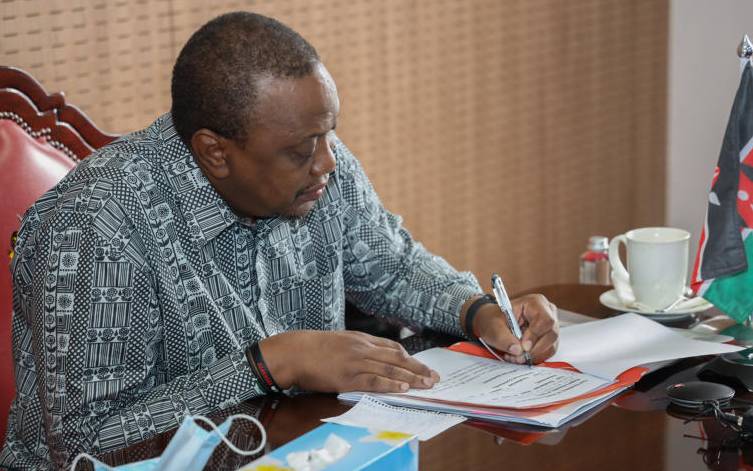×
The Standard e-Paper
Home To Bold Columnists

In the early part of his second term, President Uhuru Kenyatta (pictured above) outlined four pillars of development that would form the basis of his government and its policies: food security, affordable housing, universal healthcare and manufacturing.